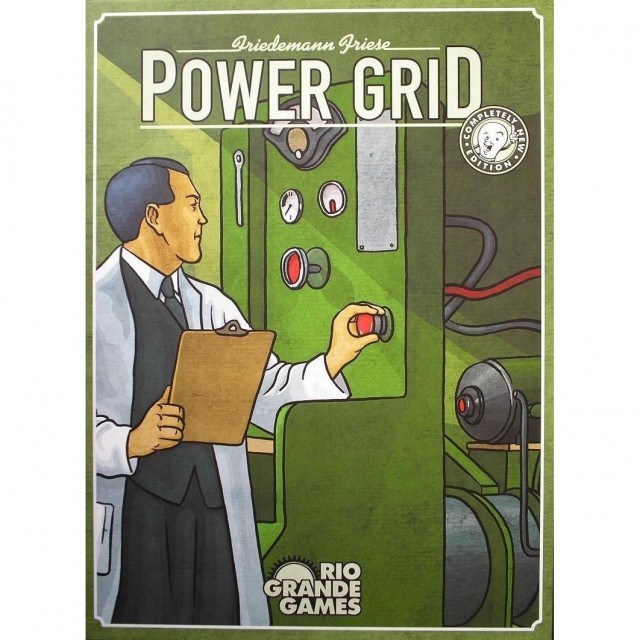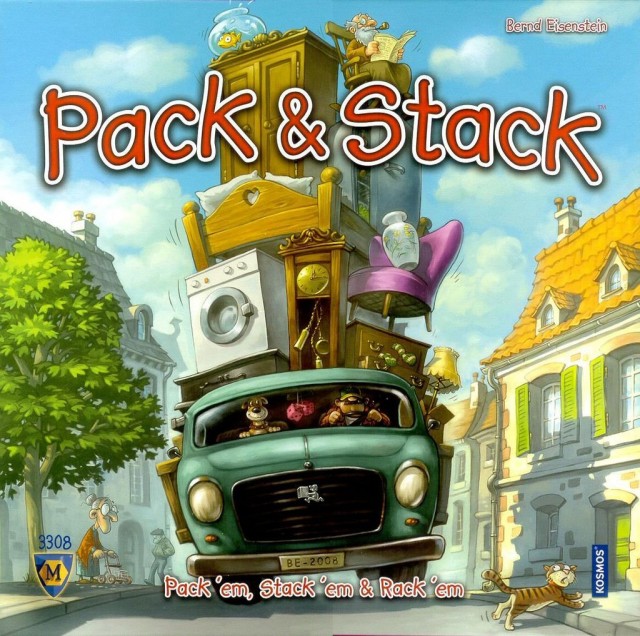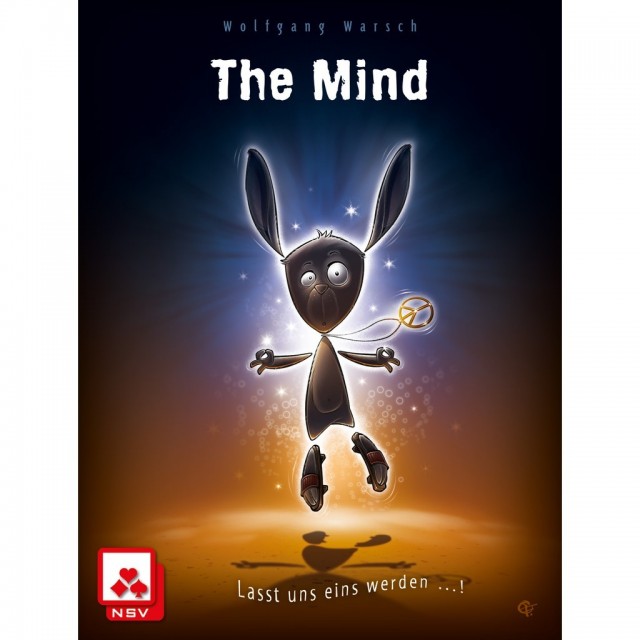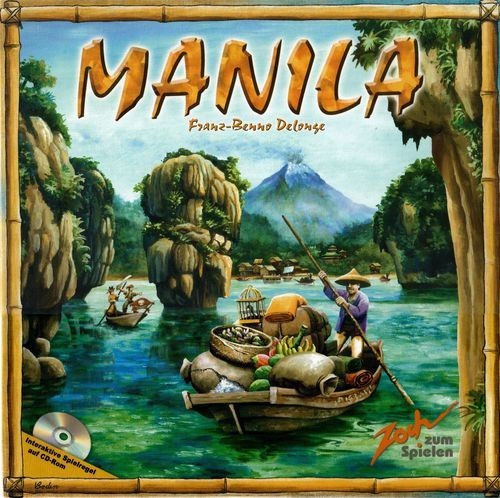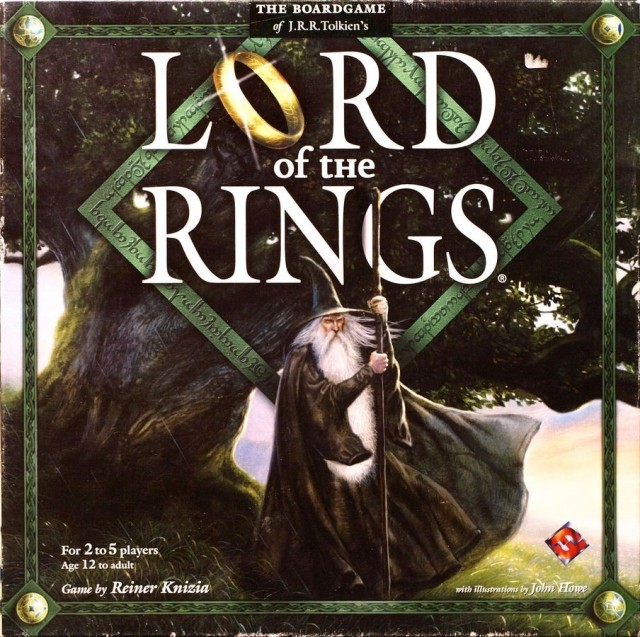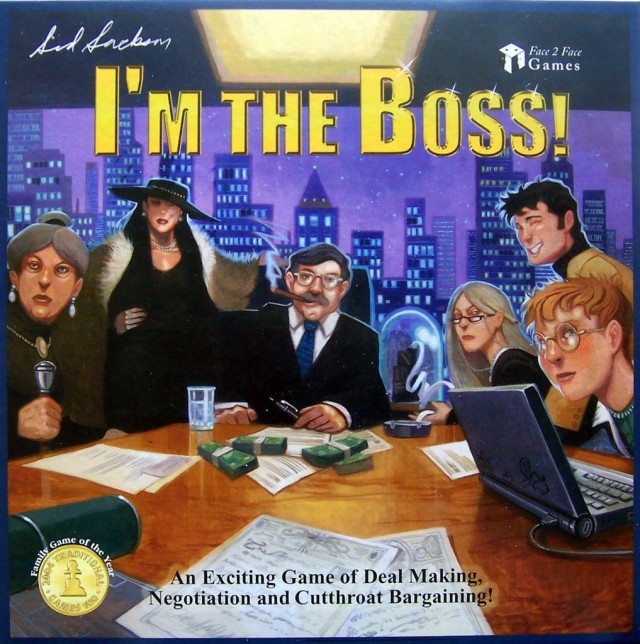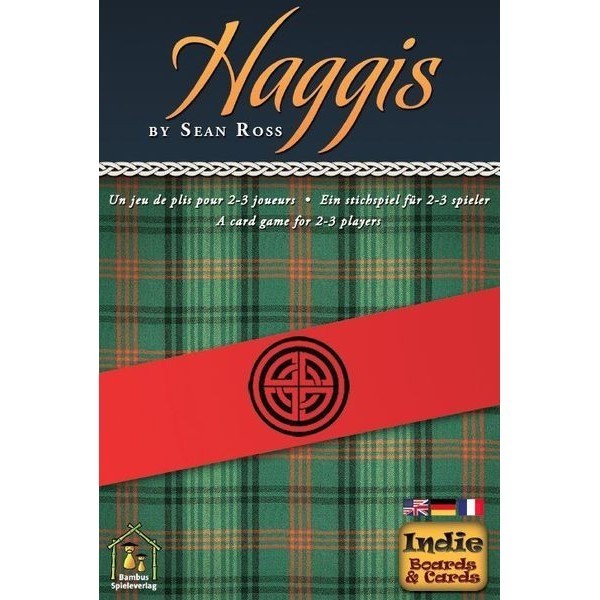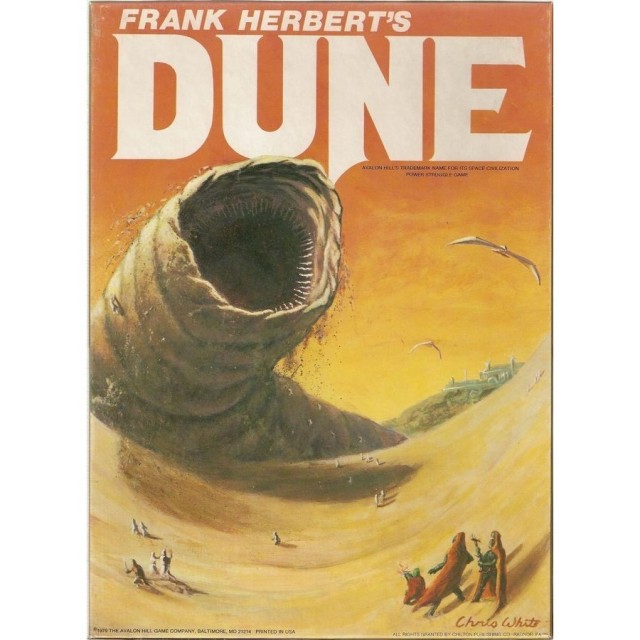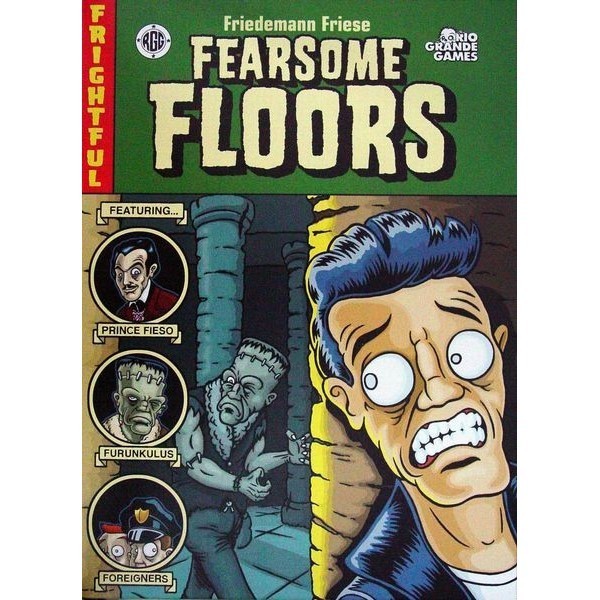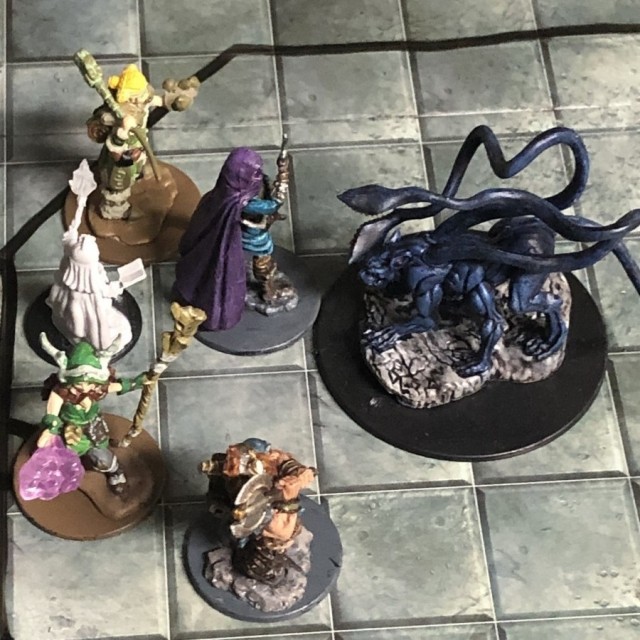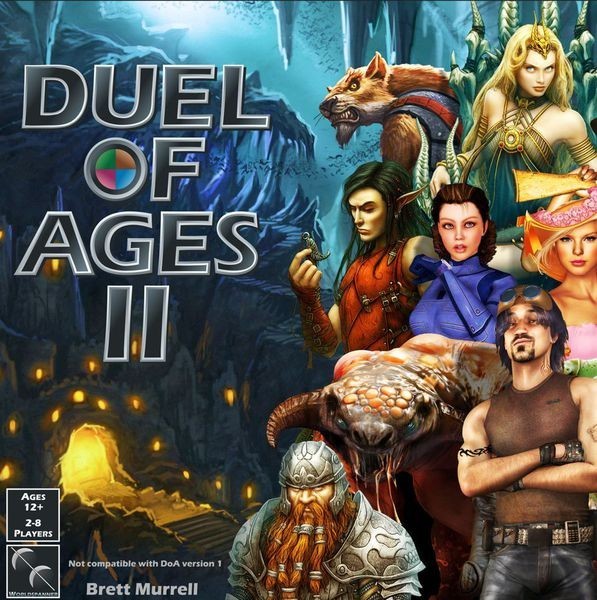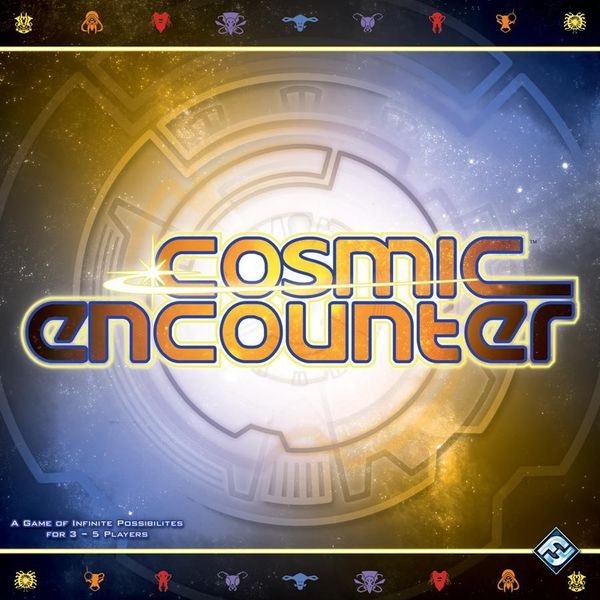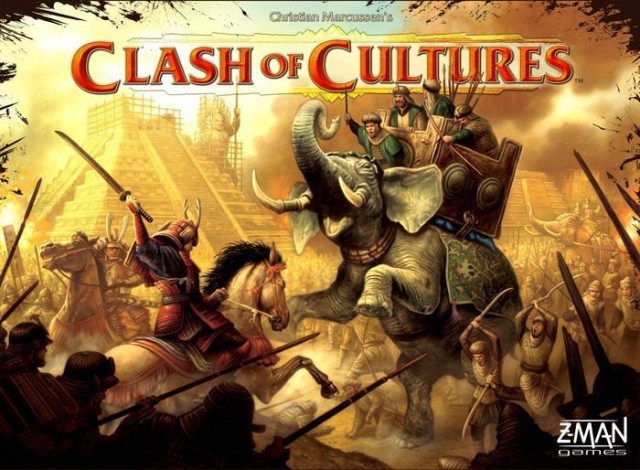Come on in for a heftier-than-usual Next of Ken, where this week I'm previewing Road to Enlightenment, talking about the new reprint of the classic Dungeon!, weighing in on the Star Wars/Disney acquisition, and then "Going Negative" as I talk about common failure points for games. Join us, won't you?
A Day That Takes Us Through the Darkness, A Day That Leads Us Through to Light
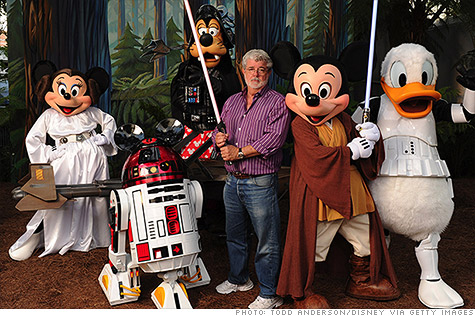 As a Star Wars fan, I had to weigh in on the biggest Nerd News in recent memory--Disney has acquired Lucasfilm (and by extension, of course, Star Wars) for a tidy sum of something like 4 BILLION dollars.
As a Star Wars fan, I had to weigh in on the biggest Nerd News in recent memory--Disney has acquired Lucasfilm (and by extension, of course, Star Wars) for a tidy sum of something like 4 BILLION dollars.The internet was instantly awash with a weird mixture of hopeful optimism and hostile geek rage, as apparently some people are still a little butthurt over that little thing called the "Prequel Trilogy".
Me? I'm excited, for several reasons. Obviously, I think Lucas' ability and drive to create and direct has long since been gone. Red Tails was supposed to be his big "non-Star Wars" moment, and that was by all reports a steaming pile of mediocrity. Speaking of Red Tails, that has been a second strike against Lucas--his inability to accept that the product he's put out was suboptimal. He blamed fans for not giving Red Tails a chance, just like he blamed fans for not liking the Prequel Trilogy. He was too close to his product and was surrounded by "Yes Men" who wanted to keep their jobs, blinding him to a lot of things.
With fresh blood, who knows what Star Wars can become? Star Wars was responsible for inspiring a slew of young directors who watched movie magic with young, wide eyes. It forever left its imprint on the blueprint that became the modern summer blockbuster. Disney is a big enough name that they can go out and get big-time directors to come in and give their spin on Star Wars. Hell, it won't take much in the way of enticement...there are very few directors who wouldn't LOVE the high profile opportunity to dive right in. Can you imagine a Brad Bird, Joss Whedon, J.J. Abrams, or Peter Jackson lining up to take a crack at it?
Here's another thing--I'm not personally a Prequel hater. I liked them for what they were. I was disappointed for some of the things they weren't, and no one will accuse them of being terrific films. I enjoyed them as escapist visits to a universe I loved as a kid. And you know what? I'll be there in line for Star Wars: Episode VII. Just like the rest of you. Search your feelings, you know it to be true.
Can you imagine that first board meeting, though? That brainstorming session? "Okay, we need to figure out a way to make more money off of Star Wars." Five hours later after they've gone through toys, posters, books, bath towels, toothpaste, sodas, band-aids...they'll say, "Holy shit, the man has already whored this out as much as it can possibly be done!" Only thing left at that point? Chewbacca Butt-Plugs. You heard it here first.
And It's Very Far Away, But It's Growing Day By Day
I received a preview copy of Road to Enlightenment from Game Salute and I've been pouring over the rules. Man, there is a LOT of stuff going on in here,  though I think also the rules make it look more complicated than it is.
though I think also the rules make it look more complicated than it is.
 though I think also the rules make it look more complicated than it is.
though I think also the rules make it look more complicated than it is.The theme is appealling because it is rare to see "true" history in a game that isn't purely a wargame. I mean, there is "war" and conquest, but you've got religion, science, art, philosophy, and prominent figures throughout the 17th and early 18th century.
It's a game that has a bit A Few Acres of Snow in its DNA as it seeks to bring deck-building elements into its framework, but in a different way--and making it a smaller part of a much larger whole. Though it also seems to be quite far from a 'traditional' wargame, it may have appeal to fans of games like Here I Stand as well. Not sure, that's just the vibe I get.
I haven't gotten it to the game table just yet, but on the surface it looks like it has that same sort of crossover appeal that Twilight Struggle had, though without quite that same level of streamlined appeal. And without the streamlining, it may not reach that vaunted mega-hit status, but I think so far it's definitely worth a look from those who think they would be interested in it.
As I 've been reading up on it, I have seen some criticisms state that the game can be prone to some "procedural" gameplay (move up a scale, someone else moves it down) and it can run long, but there's no doubt that it's an ambitious design and I'm intrigued in the mix of historical and gameplay elements. Hey, it's got multi-purpose cards and conflict-driven gameplay, you guys know I'm going to give that a look. Hopefully it doesn't fall prey to that "wash, rinse, repeat" syndrome and gives players a lot of options with all the different cards available.
I'll update you guys and gals on the game, but it might be until the Thanksgiving break before I'm able to dig into this heavily. Stay tuned.
Ain't No Mystery, Why I'm in Misery in Hell
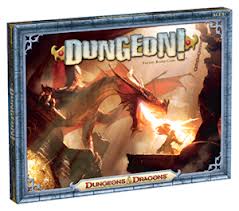 Wizards of the Coast keeps pushing their boardgame division, and I certainly glad to keep trying the stuff they're putting out there. The D&D brand is still strong, has tons of nostalgia tied up in it, and it just makes sense for them to leverage one of their strongest properties.
Wizards of the Coast keeps pushing their boardgame division, and I certainly glad to keep trying the stuff they're putting out there. The D&D brand is still strong, has tons of nostalgia tied up in it, and it just makes sense for them to leverage one of their strongest properties.Dungeon! is a reprint of a game from the mid-1970s, and with the boardgame market filled with folks who are of the age to have fond childhood memories of a game like this, it makes sense for them to try and capitalize on that nostalgia.
By today's standards of course Dungeon! is very, very simple. Choose one of a few character classes, each with different strengths and requiring different amounts of XP to win. Stats (if you can truly call them that) are quite limited and straightforward, with simple die-rolling determining the results. The monsters get more dangerous the lower into the dungeon you go, but the rewards also increase--it becomes a matter of when you want to take that risk, and "how low will you go?"
Such a game might not need be re-released with the exception of nostalgia, but there are two things at work here that make this smart and appealing for parents of little dungeon delvers. First up, the rules here are very simple and easy to understand, making this the perfect weight for kids to jump into. The decisions are likewise a nice, simplified game of risk-taking and push your luck. The theme is great as your young 'uns are probably always chomping at the bit to try a "grown-up" game. Secondly, the price is oh-so-sweet; this sucker is $20 or less, folks. In this day and age of rising prices for hobby games, that's a godsend.
Essentially, if the D&D adventure games are a touch too complicated for your little ones, this is going to really hit the sweet spot. Yes, it's a game that shows its age, but it's also a game from a simpler era that didn't forget that yeah, kids like to play these kinds of games too.
Is there appeal as a game purely for adults? Hard to say. I think there's especially appeal to those who remember the game from its first go-round, and even so there's still an undeniable beer-n-pretzels appeal to the whole thing. It's what Barnes likes to call "fun first" design, and I agree with that, but it's not the type of game that's going to fill an entire evening. As a warm-up act though, it ain't bad, even after all these years.
You can't beat the price. If you got a young would-be dungeoneer in your household, this one's a no-brainer.
Down to the Wire, On The End of the Road, Down to the Wire, All the Kids Don't Know
I haven't really done any sort of what I used to call "theory" articles in awhile. Given my recent positive attitude toward a lot of things I get to play these days, I thought it might be a good time to pour some cold water on that enthusiasm with my thoughts on what makes a lot of games fail.
CH-CH-CHOICES
If I'm playing a game, I want to feel like I have choices on my turn. And often not just the choice of "which way to attack", but honest-to-goodness choices in the things I can do on my turn. Call it fluff, call it flavor, but I like options and what they bring to the table.
Games can certainly have limited choices or abilities for players each turn, and I can enjoy them, but the length of time a game should run should be directly  proportional to the number of choices you have each turn.
proportional to the number of choices you have each turn.
 proportional to the number of choices you have each turn.
proportional to the number of choices you have each turn.Take Starcraft, for example. This hits an insane sweet spot in that it's a conquest game that doesn't take six hours, but by the same token the number of options you have each an every turn is through the roof. Everything from the troops you are able to build through the composition of your deck from research, and naturally down to which way you want your army to expand.
Nexus Ops is often lauded as another game that hits the right sweet spot. It's fast by Dudes on a Map standards clocking in at 90 minutes, and proportionally you'll see the number of choices go down from a Starcraft, but still considerably higher than other games in that time range. You've got the whole economy/army composition thing to worry about. Even the secret victory point cards may guide you, but you'll often have a choice of which of those to pursue, which to combo.
It's a difficult mix to hit correctly. Take the Catan Card Game, something I thought would be a hit for me when I bought it a few years ago. Though with the expansions you have choices, you often feel straightjacketed and worse, the game goes on for far too long as each player is doing the same or similar thing, over and over again.
Basically--give me options, give me choices, and if you're going to limit those options for me, better keep it short and sweet.
TUG OF WAR
This one's probably the toughest thing for a 2-player game to get right. When you're dealing with players going one after another, and you don't take care to limit how they can respond to each other, you end up with tug-of-wars without significant consequence (or excitement.)
Options are nice as I stated above, but there are times when those options need constraint. Whether that comes in the form of cards or abilities that cancel or limit what your opponent does, or in-game rules that affect the costs of response (especially the opportunity costs), there has to be something in the game that prevents the "You did this? Well I undo that."
 1960: The Making of the President is a great example of this concept gone wrong. It is extremely--and annoyingly--easy to play the "do/undo" game. You place some influence here, I can just go and remove that influence at practically the same cost. The game made an effort to allow you make it more difficult to respond by "carrying" a state with four influence, but then the game bungles this by giving players so many "place free influence" cards that this mechanism is easily overwritten.
1960: The Making of the President is a great example of this concept gone wrong. It is extremely--and annoyingly--easy to play the "do/undo" game. You place some influence here, I can just go and remove that influence at practically the same cost. The game made an effort to allow you make it more difficult to respond by "carrying" a state with four influence, but then the game bungles this by giving players so many "place free influence" cards that this mechanism is easily overwritten.The issues track for the game is even worse and is a microcosm of the game's problems in a nutshell.
It's parent game Twilight Struggle is probably one of the best examples of Tug-of-War done well. There are still free influence placement cards, but they are not as prevalent. That means that you can control a location and it becomes very expensive for your opponent to respond to you. Even better, by removing an opponent's influence from the board, you can cut off their "influence chains", making responding to you even more difficult and pricy. 1960 cut the heart out of that system with so many cheats and concessions towards playing time that it destroyed the rest of the game and left only a pointless tug-of-war contest.
A shorter-playing game that really nails the best of tug-of-war is Hellas, an underrated 2-player Kosmos game of conflict. You only have so many soldiers and ships, and to win you really have to stretch yourself thin. This leaves even a "dominant" position able to be responded to, and not often in a way that can be simply cancelled out by an identical response from your opponent. That's pretty remarkable since the combat is deterministic (save for some surprise card-plays.)
CONSTRAINT
This is the oft-times evil cousin of Choice, and can insidiously wreck the hard work that the designer puts into keeping choices available for each player.  This is often a result of either underestimation of the 'quality' of a particular choice, or the designer wanting to make a game "harder" to appeal to the hardcore gamer.
This is often a result of either underestimation of the 'quality' of a particular choice, or the designer wanting to make a game "harder" to appeal to the hardcore gamer.
 This is often a result of either underestimation of the 'quality' of a particular choice, or the designer wanting to make a game "harder" to appeal to the hardcore gamer.
This is often a result of either underestimation of the 'quality' of a particular choice, or the designer wanting to make a game "harder" to appeal to the hardcore gamer.There's a little-heard of card game called "Dying Lights" which on the surface looks awesome. It wants to be Twilight Imperium but made entirely of cards. From the factions, to your ships, to the board itself, it's all cards. The game presents you with choices on what to do--whether it's military assault, sealing rifts, or pursuing alternate victory conditions. The minute you start futzing around with it, your head is swimming with the potential for gameplay here.
That's until you dip your toes in far enough and realize that the 'choices' you have are hideously unbalanced, and the only strategy that matters in the game are sealing rifts. You build up some ships, send them off, seal the rifts, you're off to the races in terms of victory. Sure, you can play the grindy combat fleet stuff and eek out victory points over a series of turns, or you can turbo the rifts, seal them up, and win in maybe four turns. It's a matter of the designer underestimating how strong one strategy is, and that's easily apparent because there are maybe two pages spent on rift-sealing in the instructions and over half the rest of the rules deal with the intricacies of combat.
I've bagged a lot on Fantasy Flight's Lord of the Rings LCG, but I'll do so one more time here as it relates to choice. The game provides you with lots of things you can try and do, but if you fail at three key things, the game punishes and overwhelms you. You need dudes to go quest, every turn, or your threat builds. You need someone to defend against attacks (idiotic) and then yet again someone else to tap down to actually kill things...or you get overwhelmed by threat. It's a joyless "do this, and do this, and do this, or else you die" affair.
To sum it up--bad choice is not a choice at all. Don't give me twenty options if only three of them are good. We're not fooled.
MISUSE OF RANDOM ELEMENTS
You know who likes randomness in games more than me? Not many people. Whether it's card flopping or dice rolling, I want my game to have randomness of some kind. Without it, it had better be a DAMNED good game to keep my attention for more than five minutes. I don't have much time for totally dry, completely randomless games. There are maybe five, six games of this nature that I'll play, tops, and that's over many, many years of gaming experience.
But what could possibly be *worse* than a game with no randomness? A game that uses it badly. These are the games that the Eurosnoot Illiterati point to smugly and say, "see? I don't like the games with the dices in them." (Thanks, Borat, you can go now.)
These types of games are easy to spot. They're the games where rolling and moving six is strictly better than rolling and moving one. They're the games where high dice simply win you the game with little to no input on your part.
 It boggles my mind then that games that *really* misuse random elements can find acceptance with those same folks. My long-standing two poster children for "bad dices" are Stone Age and Kingsburg. Both were successful Euros that used dice. And both used them badly from every game theory perspective I can think of.
It boggles my mind then that games that *really* misuse random elements can find acceptance with those same folks. My long-standing two poster children for "bad dices" are Stone Age and Kingsburg. Both were successful Euros that used dice. And both used them badly from every game theory perspective I can think of.In Stone Age, you send out your workers to collect resources. Then, you pick up a die and roll for each of 'em. If you roll low? You get little to nothing. If you roll high? You're suddenly flush with stuff, everywhere. It takes only two instances of you rolling badly and someone else rolling well and you're essentially out of the game.
Which is fine for a fluffy little game, but Stone Age takes 90 minutes to 2 hours and isn't dismissed as a "fluffy little game" but there was serious talk it should've been GAME OF THE YEAR the year it came out.
Kingsburg is basically eaten up with the same problem, though it isn't as pronounced in terms of turn-to-turn gameplay. Rolling low isn't a total disaster as you can still milk out some goodies on the low end of the spectrum while the high rollers scramble over the higher numbers.
What ruins all the fun though is the year-end military roll. Over the course of the game, you have five of these. Most of the time, with a decent role and a small sprinkle of military, you'll ace these threats without harm. However, only one bad roll (in five of them, no less) will hand the game to the military player. If all the rolls are decent, though? It's the combo player that squeaked out one or two points more than someone else, usually by a lucky 17 roll that nabbed them the Queen one round.
You can basically sit players around a table, have them name "military" or "combo", make your five military rolls, then another quickie die roll to see who wins amongst the similarly minded.
So give me randomness, but if you don't know what the hell you're doing with it, just leave it alone.
Another column in the books! Thanks so much for reading, and as always, feedback is extremely welcome. So until next time, just remember....Cocaine is a Hell of a Drug.
 Games
Games How to resolve AdBlock issue?
How to resolve AdBlock issue? 


